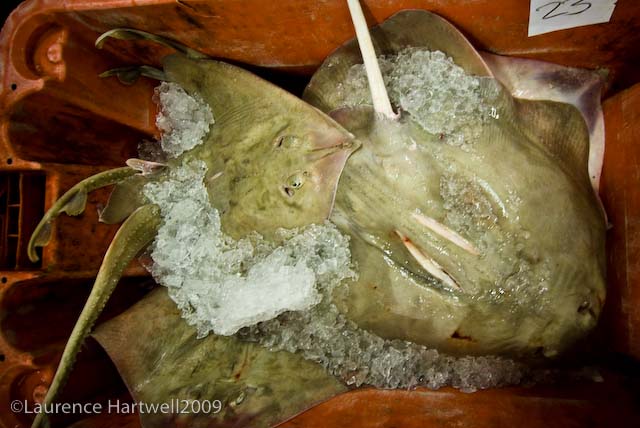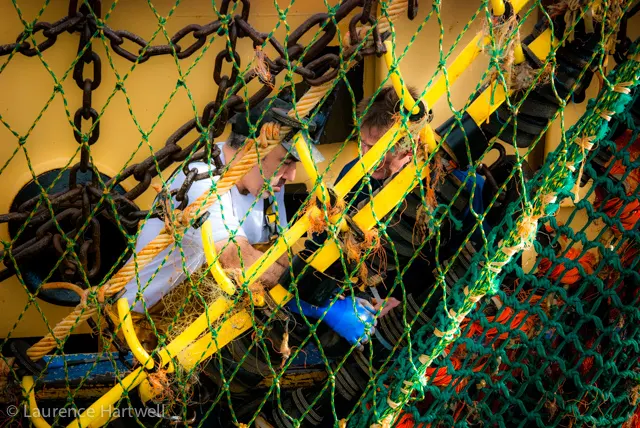| By the age of 7-9, children should: |
- recognise and taste a range of familiar ingredients, e.g. fruit, vegetables, cereals, dairy, meat, eggs.
- name and use a range of basic tools safely, e.g. small knife, chopping board, measuring spoon.
- use a range of food preparation skills with supervision, e.g. peeling, slicing, mixing, scooping, grating, spreading.
- with help prepare a range of healthy recipes safely and hygienically.
- recycle food packaging and be careful not to waste food when preparing and cooking.
|
| By the age of 11-12, children should: |
- name, taste and prepare a broader range of ingredients and healthy recipes, accounting for ethnic diversity.
- select and use appropriate tools and equipment safely when preparing and cooking food.
- demonstrate an increasing range of food preparation skills, e.g. accurate weighing and measuring, kneading.
- know how to store, prepare and cook food safely and hygienically.
- actively minimise food waste, compost fruit and vegetable peelings and recycle food packaging.
|
| By the age of 14, pupils should: |
- use a broader range of preparation techniques and methods when cooking, e.g. stir-frying, steaming, blending.
- use equipment safely, being aware of others' safety.
- with guidance modify recipes and cook dishes that promote current healthy eating messages.
- understand and use good food safety practices.
|
| By the age of 16, students should: |
- apply skills and understanding competently to plan, prepare and safely cook dishes for a healthy, varied and balanced diet.
- be able to change recipes and dishes to make them healthier by altering ingredients, and/or by using different cooking methods, e.g. using herbs instead of salt, using low fat yogurt, grilling instead of frying.
- apply good food safety principles when buying, storing, preparing and cooking food.
|
















































